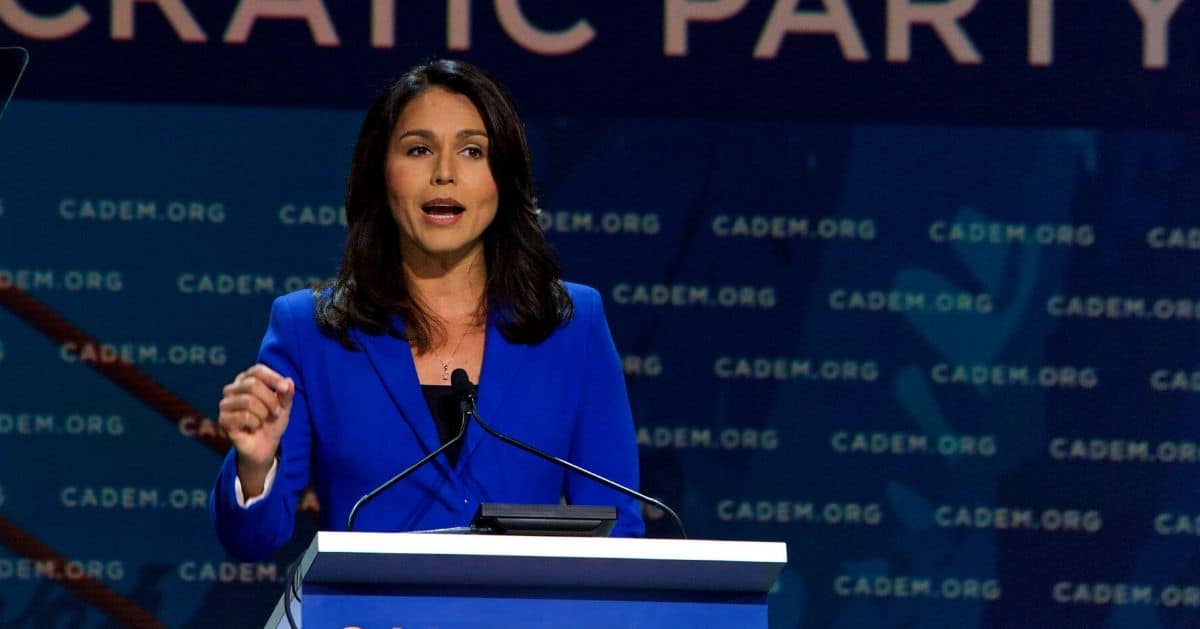






The Supreme Court just dropped a bombshell, greenlighting the Trump administration’s move to strip temporary deportation protections from over 300,000 Venezuelan migrants.
The New York Post reported that this emergency order, issued on Friday, slams the brakes on a lower court’s ruling and reshapes the landscape for these individuals. It’s a win for those who believe in enforcing immigration limits, though the human cost can’t be ignored.
TPS has been a major pathway since the 1990s, offering humanitarian relief to migrants from nations hit by disaster or unrest, granting them temporary legal status and work permits in the U.S.
The Trump administration, however, has been on a mission to roll back such protections for various groups, including these roughly 300,000 Venezuelans who had received extensions under the Biden administration. This isn’t a sudden whim—it’s part of a broader push to rethink what “temporary” should mean.
Let’s rewind to September, when District Judge Edward Chen, an Obama appointee, ruled that the Trump administration’s abrupt end to an 18-month TPS extension for Venezuelan migrants was wrongful.
Lower courts, in fact, have ruled five times that such terminations were unlawful or likely so, keeping protections in place during litigation. That safety net held—until now.
Enter the Supreme Court’s emergency order on Friday, which pauses Chen’s September decision and effectively allows Homeland Security Secretary Kristi Noem to follow through on ending the TPS extension, previously set to last until October 2026.
This isn’t the first time the high court has stepped in; back in May, it lifted a similar stay by Chen in this very case. The majority, in an unsigned order, stood firm, leaving liberal Justices Sonia Sotomayor, Elena Kagan, and Ketanji Brown Jackson dissenting.
Speaking of dissent, Justice Jackson didn’t hold back, arguing that the “TPS statute plainly states” the designation should remain until its latest extension ends. She sees this as a betrayal of the stability promised to families. But let’s be real—statutory fine print doesn’t always match the urgency of border policy in a nation stretched thin.
The Supreme Court itself noted, “The same result that we reached in May is appropriate here.” That’s a polite way of saying, “We’ve been over this, folks.” For conservatives, this signals a judiciary finally aligning with executive power to enforce immigration law over endless judicial delays.
Homeland Security Assistant Secretary Tricia McLaughlin cheered the ruling as “a win for the American people and common sense.” That’s a punchy take, but it resonates with those frustrated by what they see as TPS morphing from a temporary fix into a backdoor for long-term stays. The question remains: Does “temporary” have a deadline, or is it just a feel-good word?
McLaughlin also jabbed at past administrations, claiming, “previous administrations abused, exploited, and mangled TPS into a de facto amnesty program.”
It’s a sharp critique of policies that many on the right view as prioritizing optics over national interest. Still, one wonders if the pendulum swinging this hard risks forgetting the chaos these migrants fled in Venezuela.
For the Venezuelan migrants caught in this crossfire, the stakes couldn’t be higher. Without TPS, they face the grim prospect of deportation if they don’t leave voluntarily, all while litigation over the program’s termination drags on. It’s a brutal uncertainty for families who thought they had a reprieve.
The Trump administration’s broader agenda is clear: beyond Venezuela, it’s targeting legal protections for migrants from several nations that were extended under Biden.
This isn’t just a one-off—it’s a systematic effort to recalibrate who gets to stay and for how long. Supporters argue it’s about restoring order; critics cry heartlessness.
Justice Jackson’s dissent cuts deep, lamenting, “This Court should have stayed its hand.” She argues the court is misjudging the irreparable harm to families by siding with unchecked executive power. Her words sting, but in a world of finite resources, can the U.S. truly be a sanctuary for all?
The Supreme Court’s majority clearly leans toward executive authority here, signaling that endless extensions aren’t the answer. Their reference to consistent past rulings shows they’re not playing politics—they’re doubling down on principle. Whether that principle holds up under the weight of human stories is the real debate.



